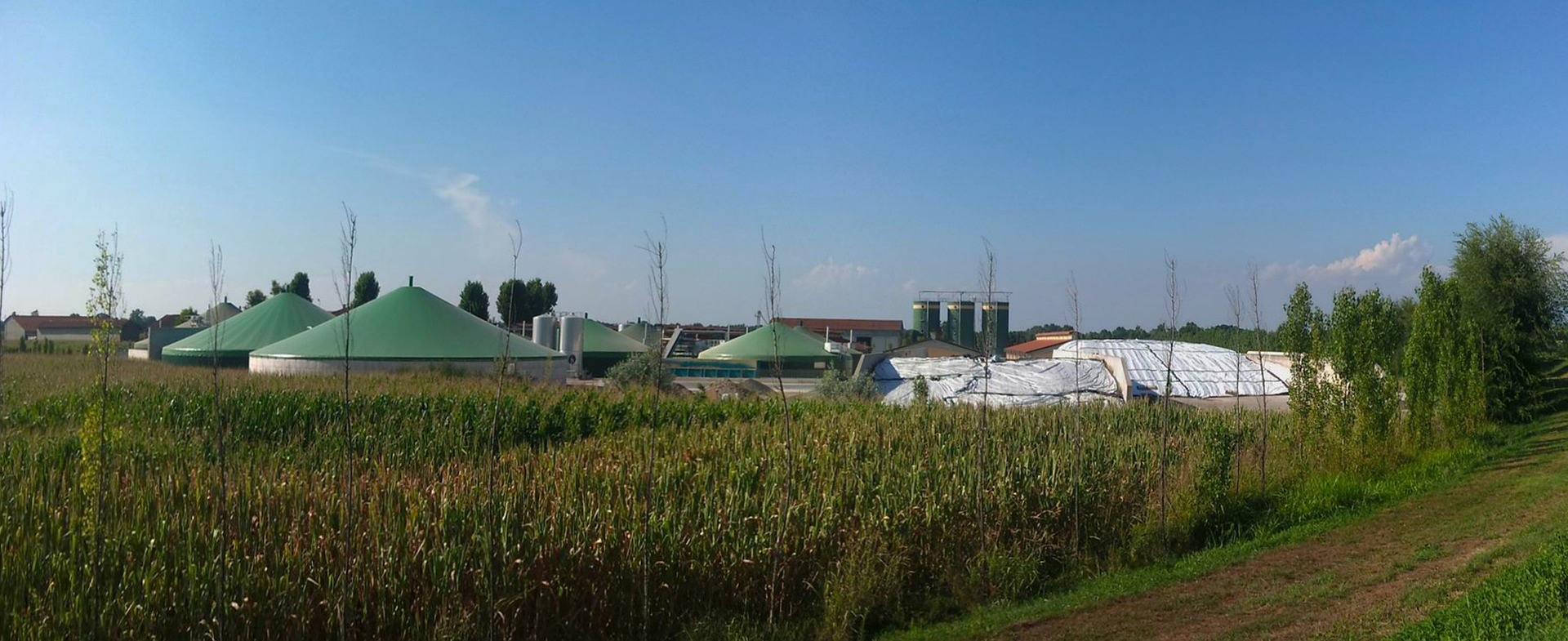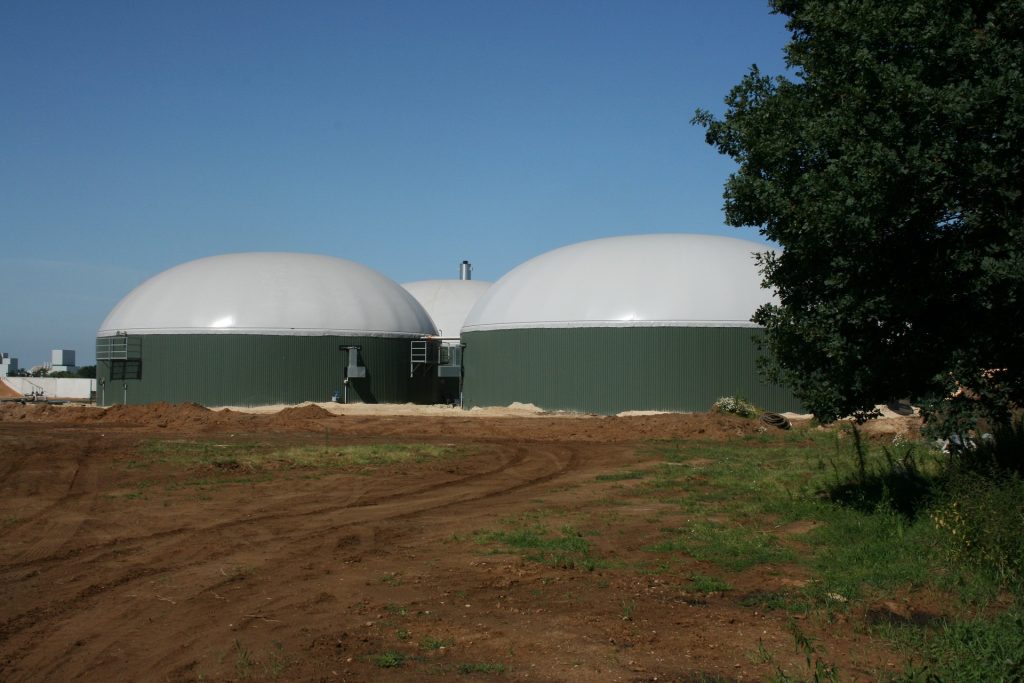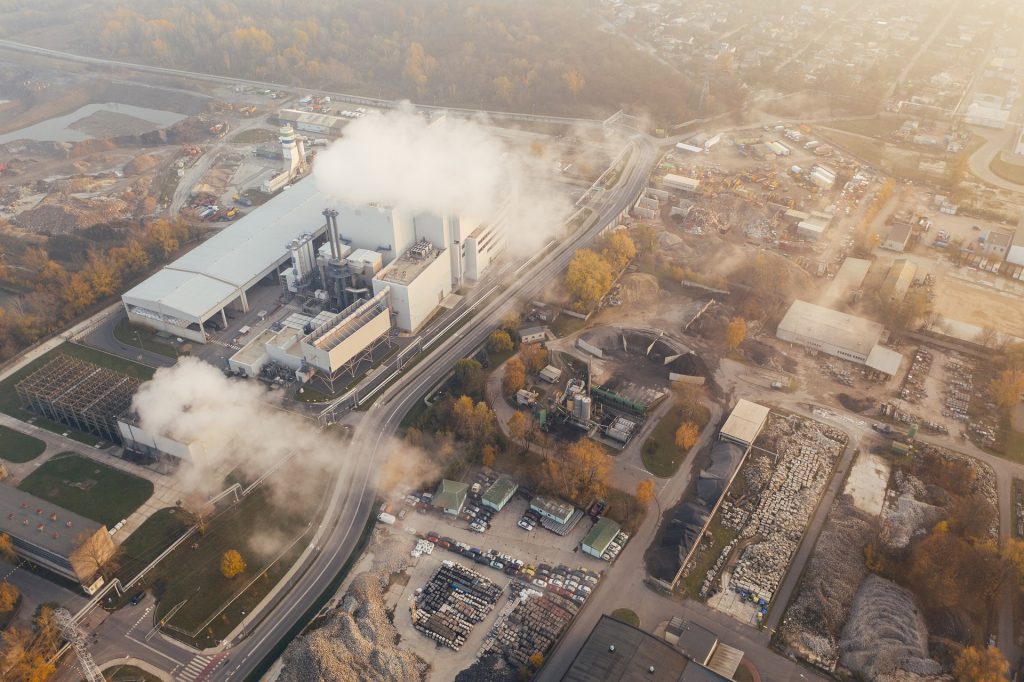
In a world facing escalating energy demands and environmental concerns, the need for sustainable and eco-friendly energy sources has become paramount. Biogas plants emerge as a promising solution, utilizing organic waste to generate clean energy while addressing waste management challenges. This article delves into the multifaceted advantages of biogas plants, emphasizing their role in fostering a greener and more sustainable future.

Renewable Energy Source:
Biogas plants serve as a beacon of hope in the quest for renewable energy. By tapping into the natural decomposition process of organic matter, biogas is a mixture of methane and carbon dioxide and it is produced by these plants. Unlike fossil fuels, biogas is renewable and reliance on finite resources are significantly reduced by this, offering a sustainable energy alternative that can contribute to a more balanced and resilient energy mix.

Waste Management:
One of the primary advantages of biogas plants lies in their ability to address the mounting issue of organic waste. Organic materials such as agricultural residues, animal manure, and municipal solid waste are processed by these plants, converting them into valuable energy resources. By doing so, biogas plants play a pivotal role in waste management, mitigating the environmental impact associated with the disposal of organic waste in landfills.

Reduced Greenhouse Gas Emissions:
Biogas production from organic waste represents a win-win scenario for the environment. Not only does it provide a clean energy source, but it also helps curb the release of potent greenhouse gases. When organic matter decomposes in landfills, it produces methane – a greenhouse gas with a considerably higher warming potential than carbon dioxide. By capturing and utilizing methane through biogas plants, emissions are mitigated, contributing to the global fight against climate change.
Energy Independence:
Biogas plants contribute to energy security by offering a decentralized energy production model. Unlike centralized power plants that rely on large-scale infrastructure and transmission networks, biogas plants can be established in various locations, including rural areas. energy independence is fostered by this decentralized approach, reduces transmission losses, and enhances the resilience of the energy grid by diversifying energy sources.

Agricultural Benefits:
Beyond energy production, significant advantages are brought about by biogas plants in agriculture. The use of biogas slurry, a byproduct of the biogas production process, serves as a nutrient-rich organic fertilizer. Farmers can utilize this slurry to enhance soil fertility, improve crop yields, and reduce dependence on synthetic fertilizers. A circular economy is created by the symbiotic relationship between biogas production and agriculture, that promotes sustainability across sectors.

Job Creation and Economic Growth:
Job creation and economic growth are contributed by the establishment and maintenance of biogas plants. A variety of skilled and unskilled jobs are generated from the construction phase to ongoing operations, . Additionally, the supply chain associated with biogas production, including feedstock collection and transportation, provides economic opportunities for local communities. As biogas gains traction as a mainstream energy source, it has the potential to stimulate economic development on both regional and national scales.
Community and Social Benefits:
Biogas plants can have positive impacts on local communities. The decentralized nature of these plants allows for community involvement and ownership, fostering a sense of responsibility and pride. Moreover, the reduction of organic waste in the vicinity of communities contributes to improved air and water quality, positively influencing public health. By addressing environmental and social concerns, biogas plants become integral components of sustainable development strategies.
Conclusion:
Biogas plants exemplify a harmonious synergy between environmental conservation and energy production. Their advantages extend beyond the generation of renewable energy, encompassing waste management, greenhouse gas reduction, agricultural benefits, job creation, and community development. As nations grapple with the urgent need to transition towards sustainable practices, biogas plants stand as beacons of innovation, offering a tangible and impactful solution to the complex challenges of our time.







